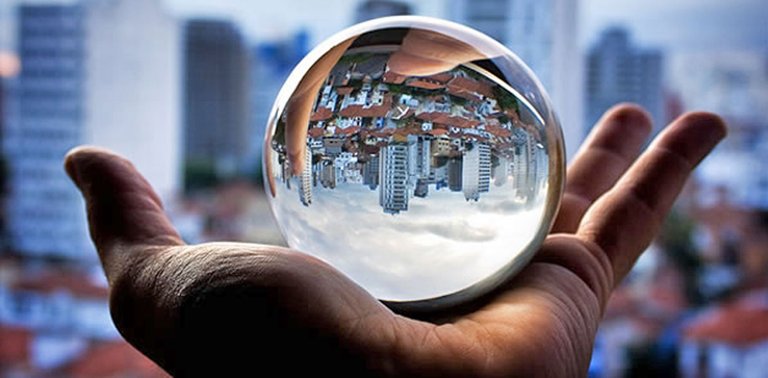
There’s an old saying that goes, “Predicting the future is easy … getting it right is the hard part.”
Remember the last time a technology was predicted as being the next huge thing? It was 3D televisions. In spite of all the rosy forecasts, it failed to live up to the hype. There was massive investment, 1.5 million sets sold - but nothing could persuade the public to wear those glasses.
It was to be the next big thing in home entertainment. After going colour, then high-definition, it seemed inevitable that television would move into the third dimension. Since 2010, set manufacturers such as Sony, Samsung and LG were insisting that we should all be watching programmes in 3D. Broadcasters, including the BBC, Sky and sports network ESPN, jumped on the bandwagon as well. They created whole new departments at the cost of millions to take advantage of this must-have technology. However, one by one they dropped out. At the end of 2013, ESPN pulled the plug on its 3D channel, in its words, “because of limited viewer adoption of 3D services to the home.”
So what happened? There were many reasons in fact from secondary effects (many of the same we hear about connected to virtual reality), lack of programs and feelings of isolation and lack of social interaction from having to wear the glasses (also a concern with virtual reality). Whatever the reasons, consumers simply didn’t show up. However, we can also point to just as many cases of technologies that were set to crash and burn, according to the forecasting pundits, yet consumers did show up in mass and created new industries.
We present only one recent example of the “next great thing” in technology that never materialized. Yet, it never seems to stop the predictors from believing that they know something more than everybody else.
In his book “Expert Political Judgment: How Good Is It? How Can We Know?” Philip Tetlock described that people who make prediction their business—people who appear as experts on television, get quoted in newspaper articles, advise governments and businesses, and participate in punditry roundtables—are no better than the rest of us. When they’re wrong, they are rarely held accountable, and they rarely admit it.
Tetlock claims that the better known and more frequently quoted the predictors are, the less reliable their guesses about the future are likely to be. The accuracy of an expert’s predictions actually has an inverse relationship to his or her self-confidence, renown, and, beyond a certain point, depth of knowledge. Our system of expertise is completely inside out: it rewards bad judgments over good ones.
The fact is, people who follow current events by reading the papers and newsmagazines regularly can guess what is likely to happen about as accurately as the specialists whom the papers quote.
Read our full report on Virtual Reality, including overviews on 65 companies, major players and startups to watch. www.thehutchreport.com
VR and AR (Augmented Reality) are being pushed by Facebook and Samsung.
However, just like Google Glass, it will take a lot of Marketing to take people
away from their Smartphones into a world of VR.
Thanks for the comment. In our report we stayed away from forecasting but when we looked at all the threats and weaknesses it starts to look obvious that consumer adoption is not a done deal.
As someone who won an Oculus Rift in a door-prize drawing (lucky me, eh?), I was extremely excited about what I was about to experience. This new VR boom is young but well-justified. An experience that's unlike anything else, it's so easy to lose track of time.
The transition between real-life and VR is a difficult one to make, and it's what prevents me from getting the most out of my Rift. Putting on all of the gear and shutting out the rest of the world - it's not for everyone, but it can be a great escape.
Looking forward, I'm more excited for what augmented reality can deliver that simply isn't feasible with virtual reality: awareness of your environment and the people with you.
Thanks for the comment. I agree. I think AR has a much better future than VR, however that is my personal opinion. In our report (www.thehutchreport.com), we only stuck to the facts. The big problem that our research showed was there are many possible health risks that are still unknown.
VR and AR are really happening. I just stumbled across a virtual reality education software which looks really interesting, I think it's the future of education